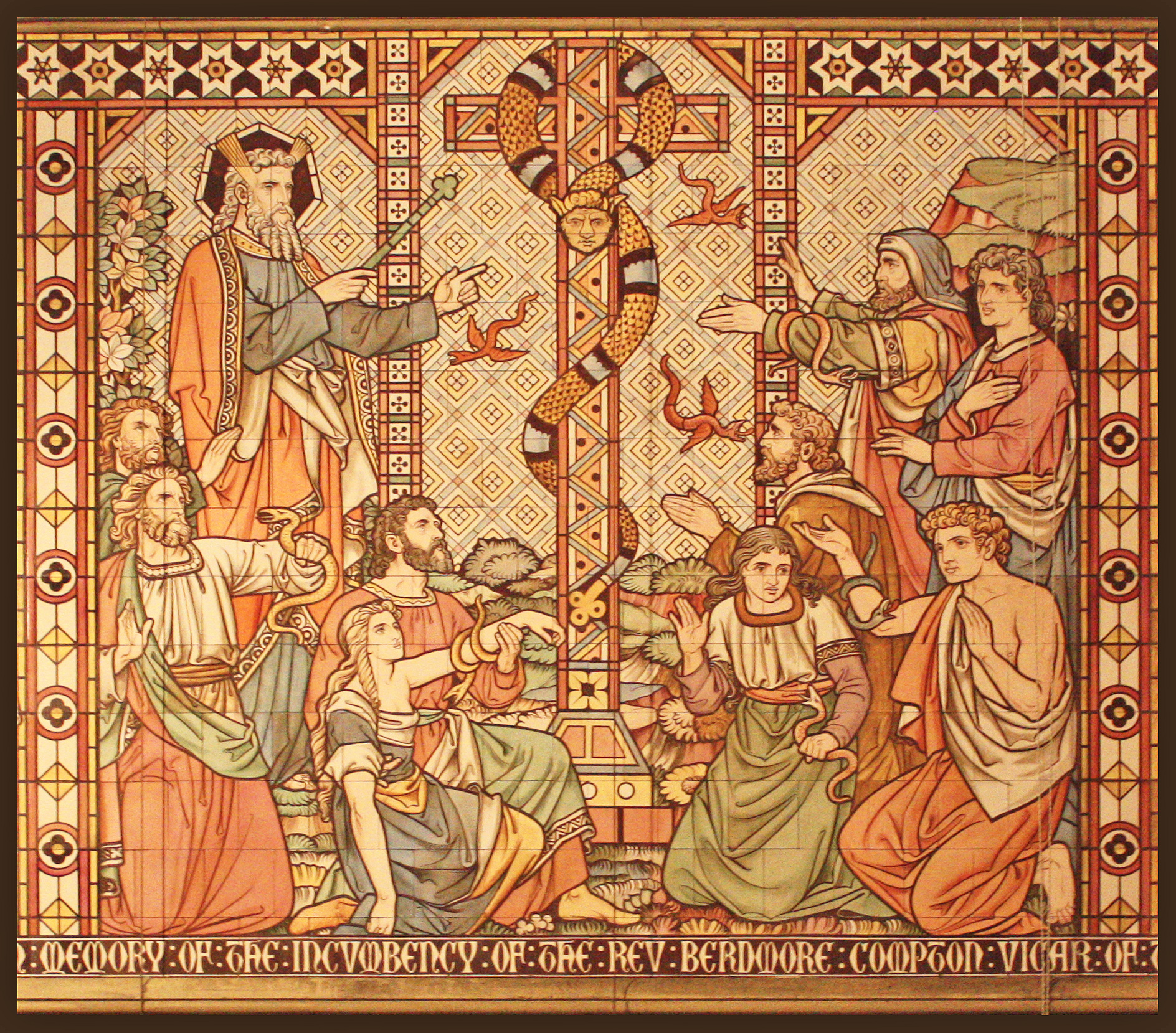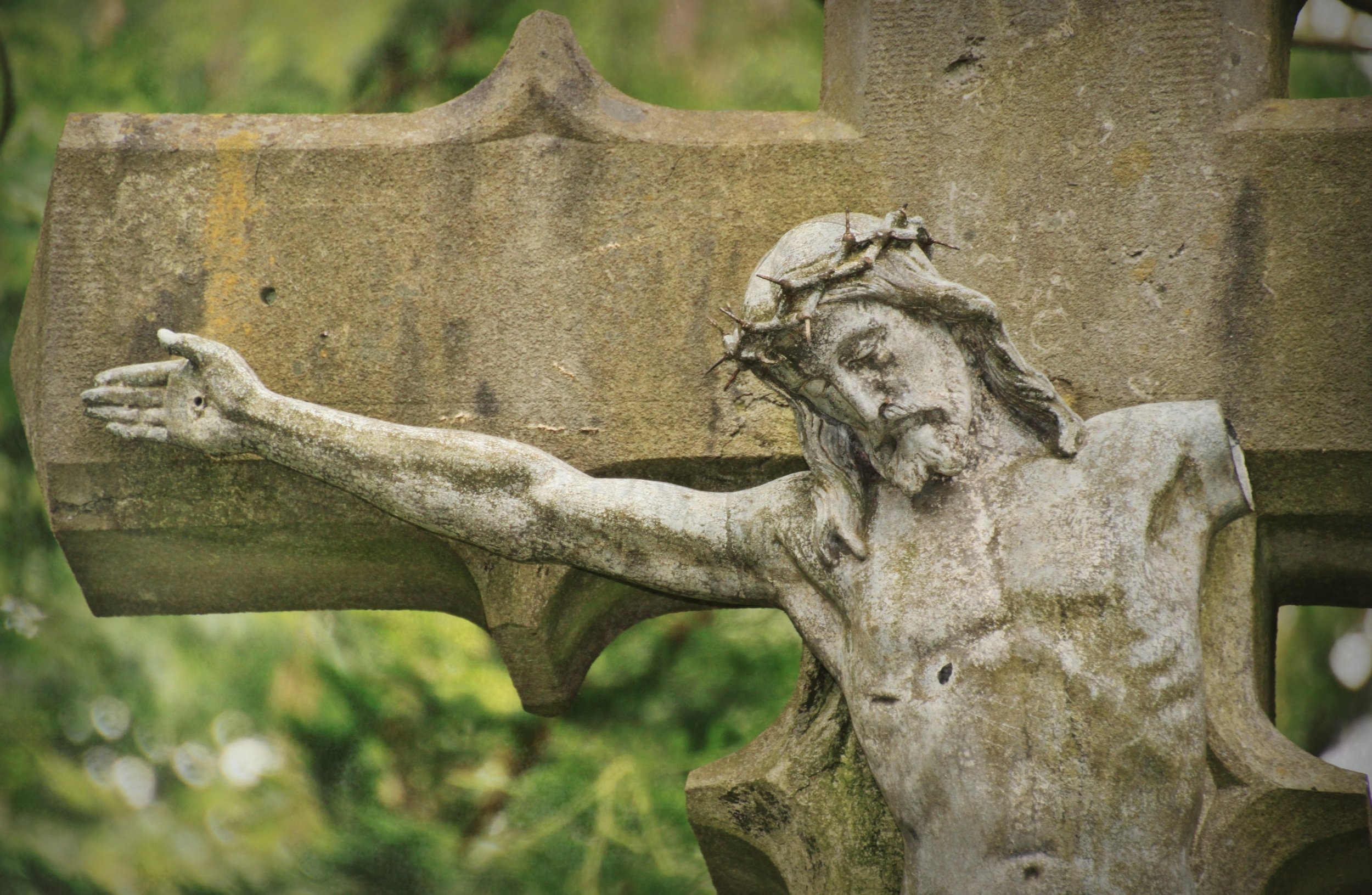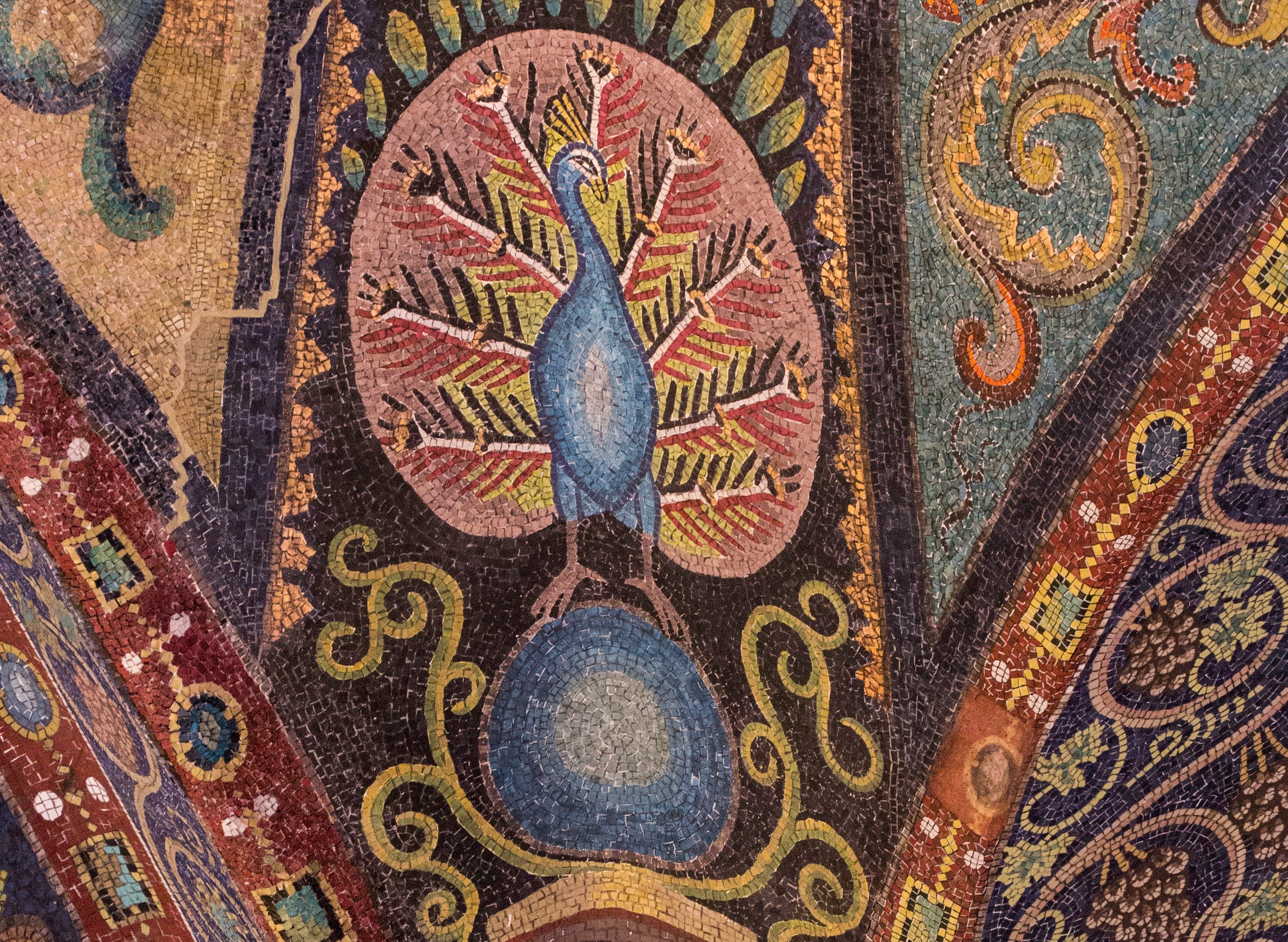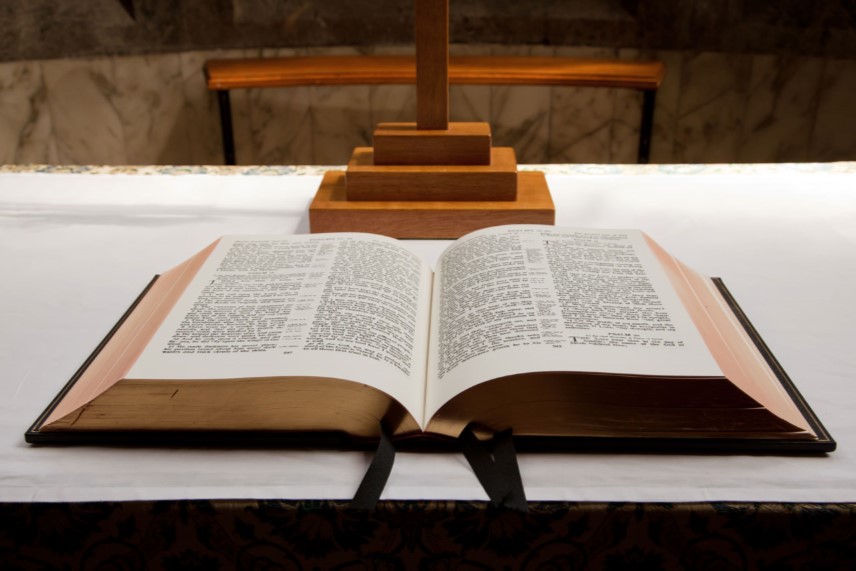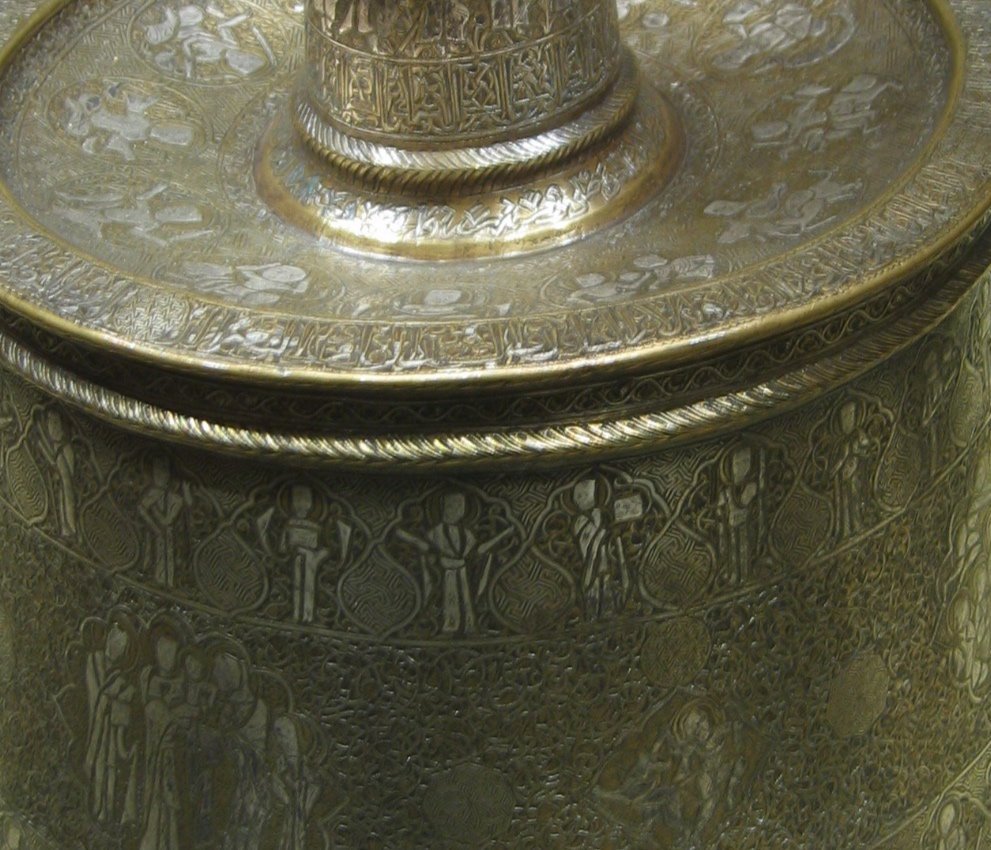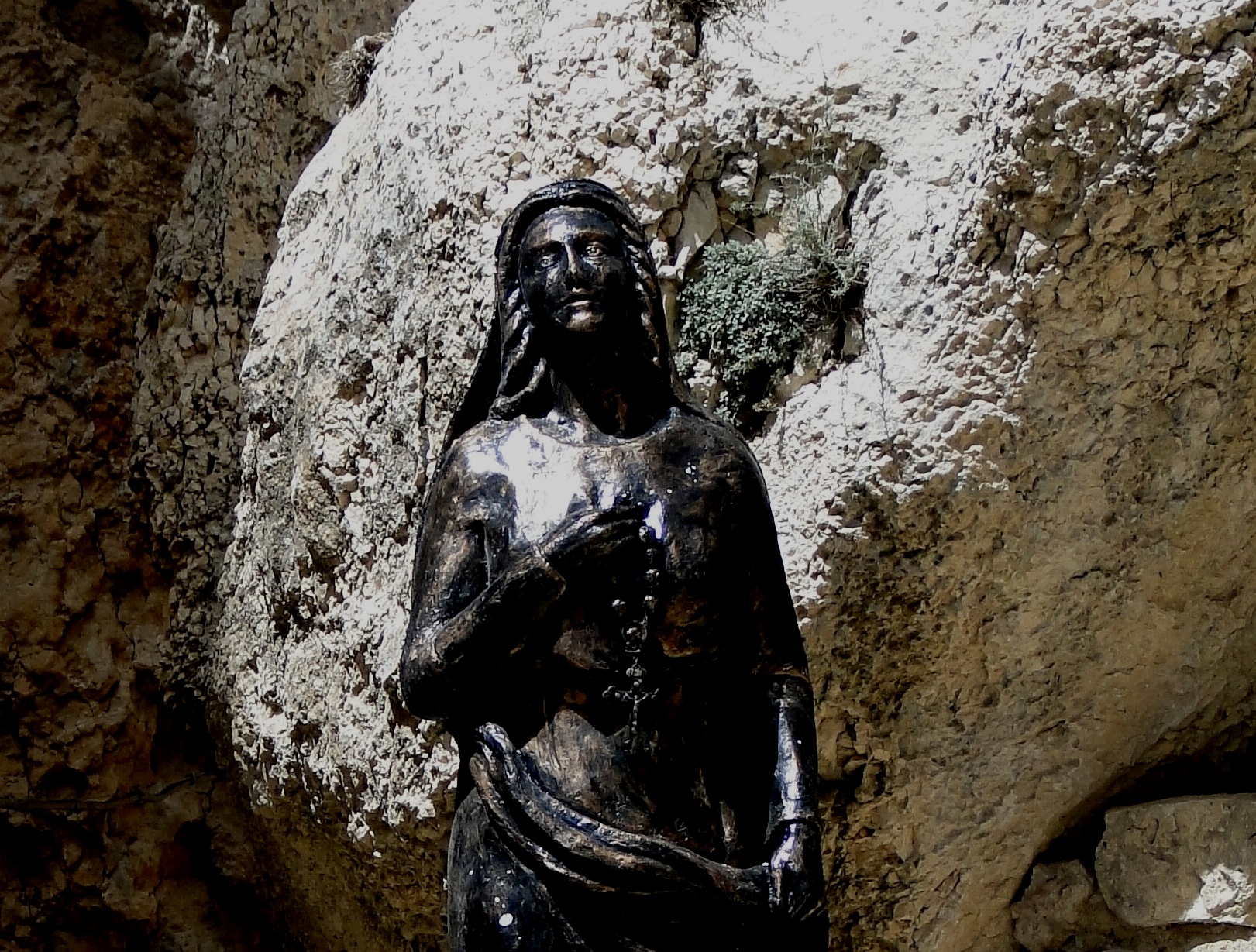Return to the Garden Land
Bible Studies, Messages, Papers on the Book of Exodus
Photograph: Havasu Falls, in Cataract Canyon, on the Havasupai Reservation in Arizona. Photo credit: Paul Kordwig | Wikimedia Commons.
Below are messages, small group leader notes, and exegetical notes on the Book of Exodus.
Messages on Exodus
Exodus 3:1 - 12 God and Mountain Climbing. A message given to Neighborhood Church of Dorchester in Boston, MA. When God appeared to Moses at the burning bush by Mount Sinai, (1) He was revealing Himself in Moses’ ordinary routine of tending sheep; (2) using the burning and climbing mountains motifs as symbolic of the refinement and strengthening of Moses’ character; and (3) retelling the story of the fiery sword outside Mount Eden, showing Moses that the way back home was there. This is a nice example of biblical patterns and intertexuality, with the application of God’s restorative, not retributive, justice, for the sake of our spiritual formation.
Small Group Leader Notes on Exodus
Exodus 1:1 - 2:25 God, Israel's True Champion
Exodus 3:1 - 4:31 God Calls Moses to Be a Prophet
Exodus 5:1 - 6:30 Moses Confronts Pharaoh
Exodus 7:1 - 11:10 God Speaks the Ten Plagues
Exodus 7:1 - 11:10 The Hardening of Pharaoh's Heart
Exodus 12:1 - 14:31 Another Doorway Through Blood into Freedom
Exodus 15:1 - 27 The Victory Song by the Sea
Exodus 16:1 - 17:7 God's Spiritual Bootcamp: Lessons on the Appetite
Exodus 17:8 - 18:27 God Restores Wisdom and Justice
Exodus 19:1 - 24:18 God Beckons from the Mountain
Exodus 20:1 - 28 God's Ten Words
Exodus 21:1 - 36 God the Restorer and the Laws of Restoration
Exodus 21:28 - 22:17 God the Restorer and the Laws of Theft
Exodus 22:18 - 23:33 God the Truth and the Laws of Falsehood
Exodus 25:1 - 31:11 God Prepares His Wardrobe
Exodus 31:12 - 34:35 God's Covenant and Moses the Mediator
Exodus 35:1 - 40:38 God Tabernacled Among Us
Notes and Essays on Exodus
The Moral Weight of the Fetus and the Disagreement Between English Translations of Exodus 21:22
A list of English translations of Exodus 21:22, from the Hebrew Masoretic, and the perplexing difference about the moral weight of the fetus. When a pregnant woman is struck by others, does that cause a miscarriage or an early but healthy delivery? The Aramaic Targums, the Greek Septuagint, the Latin Vulgate, Wycliffe, New Revised Standard, the New Jerusalem Bible, and Robert Alter’s translation believe that it causes a miscarriage, which carries a fine, which means the fetus is not assigned full human personhood. The Geneva Bible, the King James Version, New American Standard, New International Version, and English Standard Version take the view that the fetus is simply delivered early, which means the fetus is assigned full human personhood.
Why the ESV, NASB, NIV, and KJV Are Wrong About the Fetus and Abortion
A study of two Hebrew words that are both translated “strike” in English shows that “napagh” and “nakah” are not synonyms. “Nagaph” always means “lethal strike” or “mortal blow.” Thus, when the pregnant woman is dealt a “nagaph,” the fetus is miscarried. Since the fetus is not assigned full human personhood, this passage is very relevant to modern discussions about abortions. Unfortunately, some English translations — KJV, NASB, NIV, ESV among them — mistranslate “nagaph” and give a very misleading impression.
Why the Fetus Is Not Assigned Full Human Personhood in Exodus 21:22 - 25
A summary paper, exegetical, historical, and logical in nature. For more on abortion ethics and policy, see our Study and Action Guide to Abortion Policy. This paper covers the nine reasons given in Session 1 on that Study and Action Guide.
For a conversational argument against the “premature delivery” view of Exodus 21 involving the full fetal personhood view, and in favor of the “forced miscarriage” view involving fetal non-personhood, on literary and historical grounds. This includes a critique of John Piper, The Misuse of Exodus 21:22–25 by Pro-Choice Advocates. Desiring God, Feb 8, 1989.
A table distilling previous work on the sacrificial system on the theme of purification; compares Moses' ascent up Mount Sinai to the high priest's entrance into the holy of holies; argues that the sacrificial system foreshadows Jesus as a medical substitute, not a penal substitute; lists patristic sources that also interpret the sacrifices as a medical, cleansing, and purifying expression. See this material in Wordpress blog post format (easier to view on smaller devices).
Helpful Practical Tools to Teach Exodus
Alastair Roberts, 40 Days of Exoduses. Alastair’s Adversaria. A very helpful collection of examples of how biblical storytelling repeats structures and plots.
The Bible Project, Sacrifice and Atonement. The Bible Project, Aug 27, 2015. A good 7 minute video which accurately talks about the purification by blood depicted in the Jewish offerings
The Bible Project, The Law. The Bible Project, Oct 12, 2015. A very good 6 minute video which places the stress on the story of the Torah, and beyond, not simply the commandments.
The Bible Project, The Book of Exodus, Overview Part 1. The Bible Project, Nov 28, 2014. A 6 minute video
The Bible Project, The Book of Exodus, Overview Part 2. The Bible Project, Feb 8, 2015. A 5 minute video.
The Bible Project, Tree of Life. The Bible Project, Feb 18, 2020. Stunning visual representation of Eden and the tree of life as a temple, offering God’s life, going through to the burning bush of Moses, Sinai, Zion, and eventually Jesus
The Bible Project, The Character of God. The Bible Project, Jun 30, 2020. Examines God’s character qualities from Exodus 34:6 - 7, “The Lord, the Lord, a God compassionate and gracious, slow to anger, overflowing with loyal-love and faithfulness.” See also The Bible Project, God. The Bible Project, Oct 18, 2018. Tim Mackie and Jon Collins do an outstanding job giving an introduction to how an understanding of God developed throughout the biblical time period, eventually offering a way to understand the Trinity in a way that the biblical human authors came to express.
The Bible Project, Compassion. The Bible Project, Sep 22, 2020. Examines God’s character qualities from Exodus 34:6 - 7.
The Bible Project, Grace. The Bible Project, Sep 22, 2020. Examines God’s character qualities from Exodus 34:6 - 7
The Bible Project, Slow to Anger. The Bible Project, Nov 10, 2020. Examines God’s character qualities from Exodus 34:6 - 7.
The Bible Project, Loyal-Love. The Bible Project, Jan 12, 2021. Examines God’s character qualities from Exodus 34:6 - 7.
The Bible Project, Faithful. The Bible Project, Feb 9, 2021. Examines God’s character qualities from Exodus 34:6 - 7.
Rabbi David Fohrman, Female Servitude...Wait, What? Alephbeta. “The Surprising Purpose Of The Bible’s Female Slavery Laws”
Inspiring Philosophy, How Many Altars Could Israel Build? Inspiring Philosophy, Nov 26, 2022. “A common objection to the Bible is Exodus allegedly says Israel could build multiple altars for God, whereas Deuteronomy said Israel could only have one altar where sacrifices could be performed. But do these two passages really contradict?”
Henry Abramson, What is the Extra-biblical Historical Evidence for the Exodus? Henry Abramson, Mar 27, 2023. Corroborating evidence abounds that the author(s) of the Book of Exodus knew conditions in ancient Egypt. However, there is a lack of archaeological evidence for the the miraculous Exodus event itself; it remains a matter of faith. See also Henry Abramson, Exodus in Historical Perspective (Jewish History Lab). Henry Abramson, Oct 27, 2020.
Other Resources on Exodus: The Israelite-Amalekite Conflict
Rev. Cheryl L. Hauer, Amalek. Bridges for Peace, date unknown.
Rabbi Irving Greenberg, Remembering Amalek. My Jewish Learning, date unknown.
Rabbi Shai Held, The Evil Within. My Jewish Learning, date unknown.
But if we read closely, we come upon a magnificent textual ambiguity (which is clear in the Hebrew, but difficult to capture in translation). In describing the scenario under which Amalek attacks Israel, the text tells us that one of the parties “did not fear God” (velo yerei e-lohim).
This phrase is usually (as in the translation offered above) taken to refer to Amalek: Amalek is undeterred by fear of God, so it allows itself acts of unspeakable savagery. But it can just as easily be understood to refer to Israel; it is Israel who fails to fear God in our story. How so? If Amalek is able to attack the stragglers in the rear, then somehow the weak and exhausted have been left vulnerable and exposed.
The Jewish people have just experienced the Exodus, the fundamental lesson of which is to love and protect the vulnerable–and here is a segment of the people left totally unprotected and exposed to violent danger. So neither Amalek nor Israel seems to truly fear God: The one because it attacks the weak, the other because it fails to protect them.
Aryeh Klapper, How Not to Talk About Amalek. The Times of Israel, Mar 4, 2020. Includes discussion of how the story of the Amalekite attack in Exodus 17 is linked to Haman in the book of Esther by the standard Jewish celebration of Purim.
Peter Beinart, Purim After Hawara: The Amalek In Us. The Beinart Notebook | Substack. Mar 6, 2023. Includes rich discussion about Esther and links to resources on how Esther has been perceived and used in Jewish tradition.
Noah Lanard, The Dangerous History Behind Netanyahu’s Amalek Rhetoric. Mother Jones, Nov 3, 2023.




